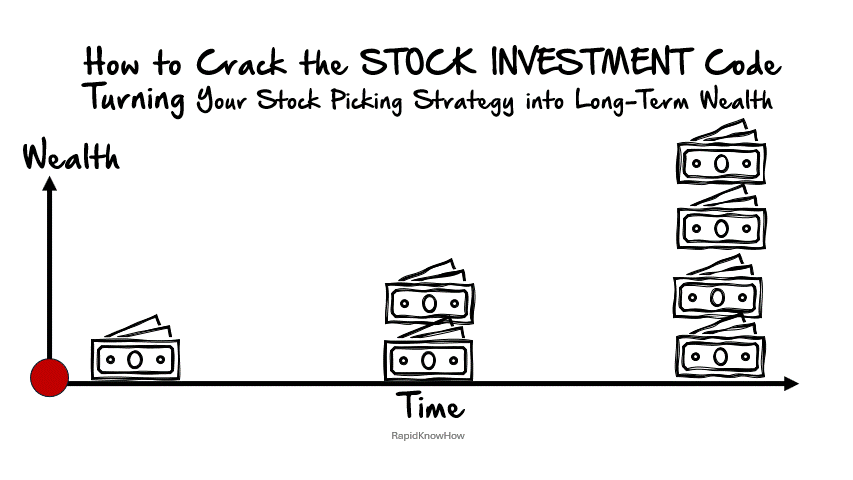Cracking the stock investment code is a journey that requires a deep understanding of the financial market, patience, and a keen eye for detail. It’s not just about buying low and selling high; it’s about understanding the different types of stocks, their potential for growth, and their inherent risks.
Let’s delve into the different types of stocks:
1. Dividend Stocks: These are shares in companies that regularly pay out a portion of their profits to shareholders in the form of dividends. They are typically associated with well-established companies that have a history of generating profits. Dividend stocks can provide investors with a steady income stream in addition to any potential capital gains from the increase in the stock’s price. Companies like Coca-Cola, Johnson & Johnson, and Procter & Gamble are examples of firms known for their consistent dividend payouts.
2. Growth Stocks: These are shares in companies that are expected to grow at an above-average rate compared to other companies in the market. The primary way investors can profit from growth stocks is through capital gains when they sell their shares at a higher price than they bought them. These stocks typically do not pay dividends as these companies often reinvest their earnings back into the business to accelerate growth. Tech giants like Amazon, Google, and Facebook are classic examples of growth stocks.
3. Value Stocks: Value stocks are shares in companies that are considered undervalued compared to their intrinsic value. These stocks often have lower price-to-earnings (P/E) ratios and may pay dividends. Investors who buy value stocks hope that the market will eventually recognize the company’s full potential and push the stock price up to its “true” value. Warren Buffet is a famous investor known for his value investing strategy.
Now, let’s look at some of the best companies for each type of stock:
1. Dividend Stocks: Companies like McDonald’s, IBM, and ExxonMobil have a long history of paying dividends. They are known for their stability and are often considered safe investments.
2. Growth Stocks: Companies such as Tesla, Netflix, and Salesforce.com have shown exceptional growth in recent years. These companies are often in rapidly expanding industries like technology or renewable energy.
3. Value Stocks: Companies like Berkshire Hathaway, Walmart, and Intel are often considered value stocks. They have solid financials and strong market positions but their stock prices may not fully reflect this.
In conclusion, cracking the stock investment code involves understanding the different types of stocks and how they can fit into your overall investment strategy.
Dividend stocks can provide a steady income stream,
Growth stocks offer the potential for large capital gains, and
Value stocks give you the opportunity to buy shares in a company at less than their intrinsic value.
Remember, investing in the stock market always carries risk and it’s important to do your own research or consult with a financial advisor before making any investment decisions. The key to successful investing is diversification, patience, and a thorough understanding of the companies you’re investing in.
